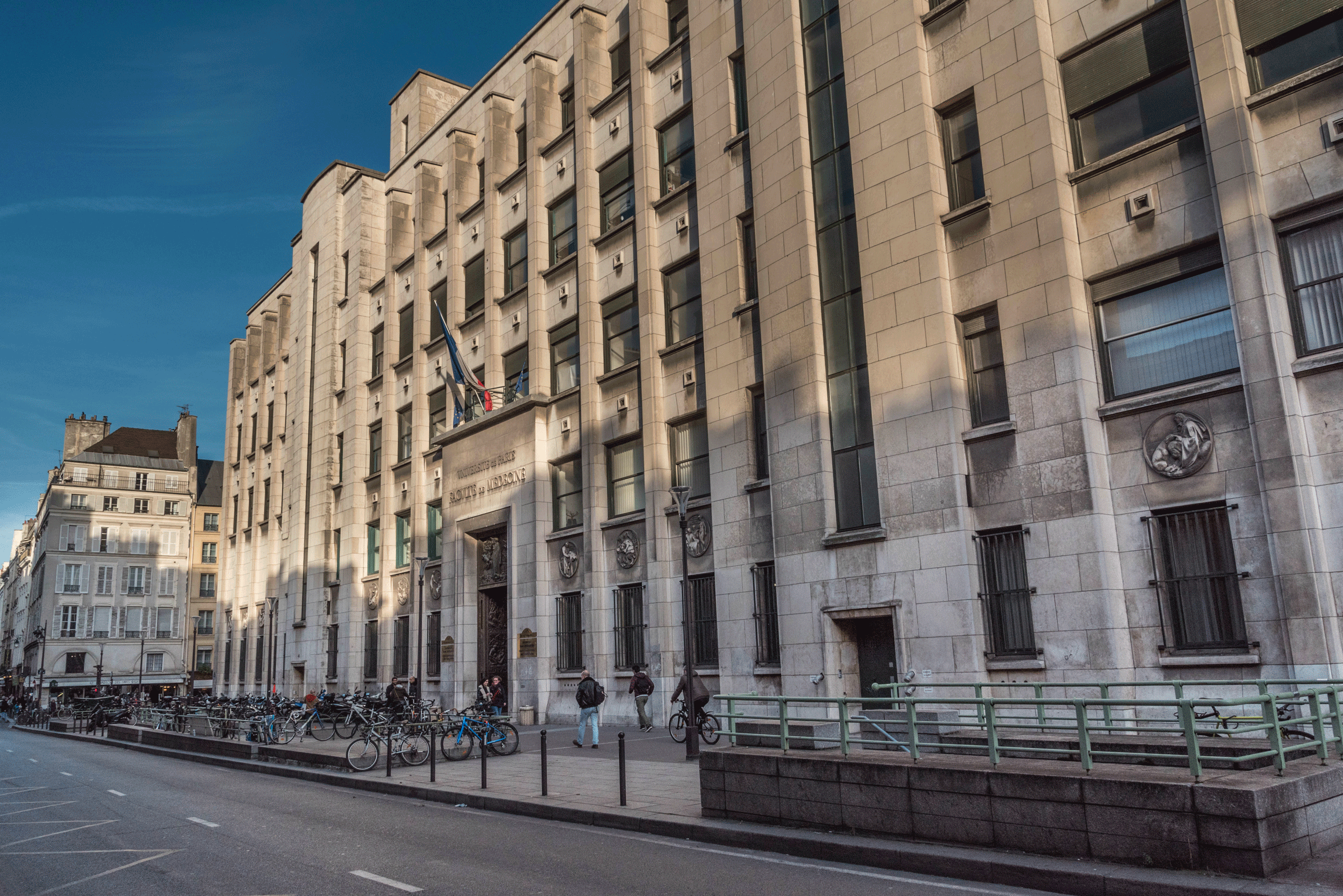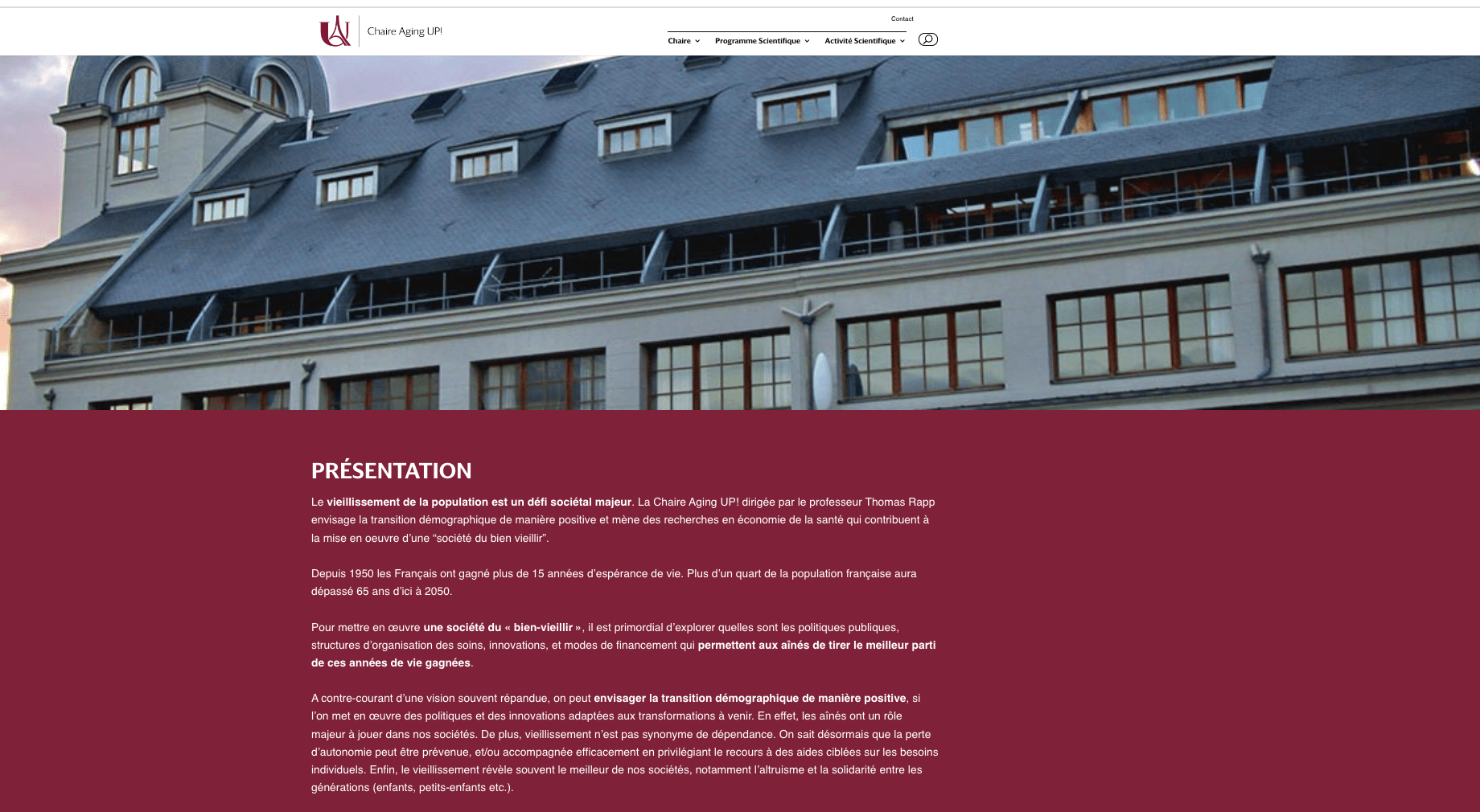
PRÉSENTATION
Le Laboratoire Interdisciplinaire de Recherche Appliquée en Économie-Gestion et Santé – LIRAES (URP 4470) est une unité de recherche qui fédère des enseignants-chercheurs et chercheurs en sciences économiques, gestion et comptabilité de l’Université Paris Cité.
Axes de recherche
Axe 1
Évaluation économique des politiques
et systèmes de santé
Axe 2
Microéconomie, institutions et politiques publiques
Axe 3
Décisions et comportements








